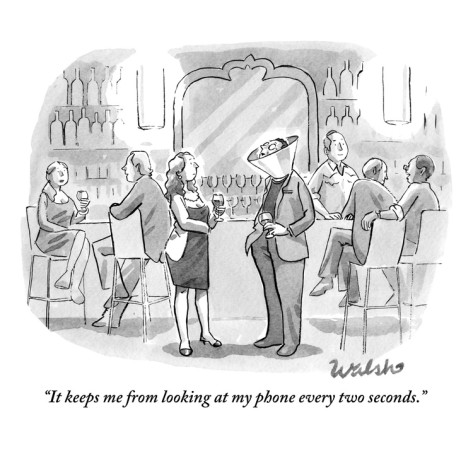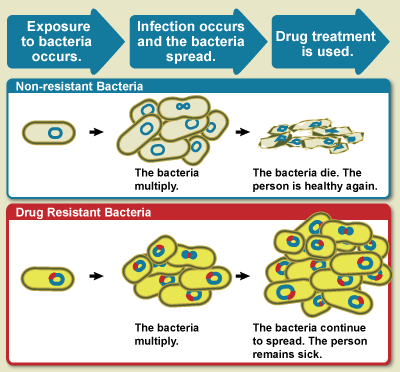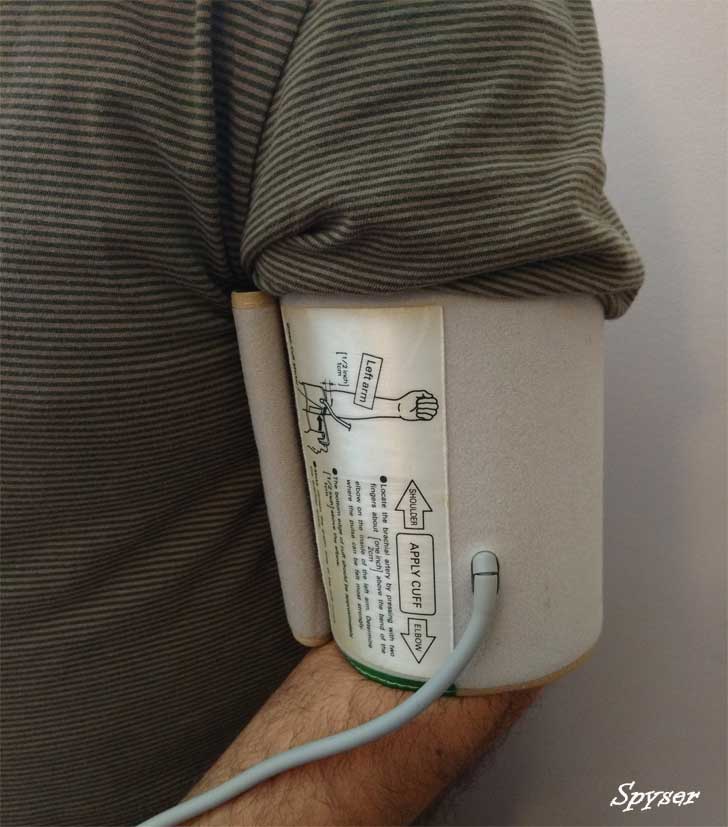Smartphone Addiction
Smartphone dependency has assumed such a large proportion that all socially oriented started to worry about. It is now believed that people began to hide even their emotions, which is the unique quality that differentiates us from jungle rule, behind the mobile screen. It further feeds our addiction as it provides a near wholesome entertainment. Thus, our unrelenting attachment to smartphones and mobile app software is an ever-growing problem, and it needs to be addressed.
Research studies have already produced some astounding results:
Smartphone population is always growing at a faster rate all over the world, especially in the USA.
Most of the smartphone users sleep with their phones in fear of missing a call, text, or email.
The majority of adults use their phone to go online.
A large population of smartphone users says their phone is “something they can’t imagine living without.”
Nomophobia: This dependency had caused the psychological problem called nomophobia, which is nothing but the fear of being without a cellphone. A recent survey also pointed out that majority of smartphone believe they could not go a day without their phone. It is yet to be identified, whether this is a rational fear or an illusion stemming out of our dependency.
Fear of being without smartphones: The fear appears reasonable because mobile app developers have put in everything like map apps, address books, and cameras in it. Otherwise, everything would have differently kept in different devices, but smartphone mobile app development had advanced to such a degree that everything is kept in one place. But the catch here is what happens when the device fails?
Separation anxiety: Research also revealed that people had become so dependent on Apple and Android apps in their smartphones that without which they no longer can handle their day to day life.
The vicious cycle of drug addiction and smartphone addiction: Some research had provided phone and drug addictions are closely tied to each other and led to an endless cycle of dependency. Mobile app development companies have developed apps that inform well about the availability of illicit drugs to addicts, and this ability of the smartphone apps leads further to a smartphone addiction. And the cycle as a rule never ends.
Smartphone and behavioral addictions: It is also found that smartphones and apps are playing a pivotal role in behavioral addictions as well as affecting social skills. Kids with this addiction it is told are not at all interacting socially, which inhibits them from developing any social skills, leave alone the best social skills. Furthermore, kids hide their emotions behind the mobile phones apps. It may even be possible that kids might even hide depression. Think of the consequences of bottling up emotions, what society can expect from such individual who had bottled up all their emotions and may have to let out due to compulsion at some of their life.
Clinical psychologists through their research and experience cry from a rooftop that users of smartphones do not make proper interactions. They even found that as a tool, smartphones are used to avoid eye contact. We can see in public places that those who are using them are completely unaware of their surroundings.
We must sit together, recognize the issue and try to find some remedy to it so that smartphone app addicts can see a light at the end of the tunnel. You may also want to join an assistance group to help you through these steps. Empower yourself to overcome your addiction.
Are there particular situations or circumstances that make you more prone to the self-indulgent behavior of addiction? There are, everyone has triggers. The best way to overcome these triggers is to be doing something at those times that is completely incompatible with your addiction. If you can make it within that first couple of moments, when the impulse is at its peak, you will be able to overcome your addiction.






